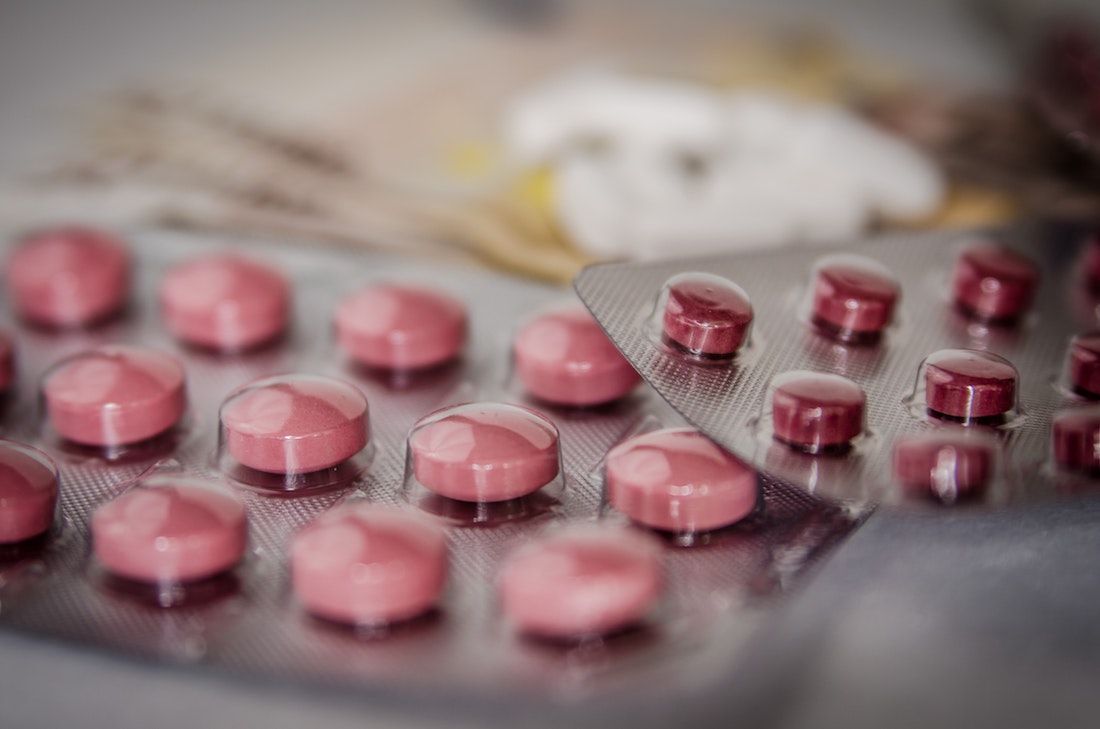Tragedy spurs Nigerian entrepreneur to combat scourge of fake medicines

After a friend died from taking a fake malaria pill, Nigerian entrepreneur Vivian Nwakah vowed to help fight the threat of counterfeit and substandard medicines, launching Silicon Valley-backed start-up Medsaf.
One-in-ten medical products sold in developing countries are fake or poor quality, according to research by the World Health Organization (WHO) which found that among the 48,000 medicines the organization assessed, drugs used for treating malaria and bacterial infections accounted for nearly 65% of fake products.
These startling statistics may be largely unknown among Nigeria’s population, but Nwakah discovered that tragedies like the death of her friend were all too common. She visited hospitals and talked to doctors, learning that many regularly flew to the United States or Europe to buy medications for use back home.
Founding Medsaf in January 2017 was her attempt to find a better way to ensure Nigeria’s hospitals and pharmacies provide genuine medicines for their patients.
Today, her company works with around 70 wholesale distributors and more than 50 manufacturers to sell about 2,000 medications online. Medsaf currently works with 70 hospitals and pharmacies but has over 400 pharmacies and hospitals signed up to their platform, according to Nwakah.
“We are covering around 60% of hospitals and pharmacies’ needs but that number won’t mean anything if they [hospitals and pharmacies] turn patients down because they don’t have the [correct] medication,” she said.
As a B2B startup, Medsaf aims to shrink and simplify the medical product supply chain, which Nwakah describes as chaotic.
Pharmacies often face difficulties in obtaining medications and can end up buying fake or substandard products, so Medsaf finds out which manufacturers are making the correct medications and performs quality control tests in order to deliver the quality drugs that pharmacies and hospitals need.
With a team of 10 staff – most of them pharmacists – Medsaf uses specialist criteria and data analysis to confirm medications are real, but the company cannot perform quality checks on every single dose purchased from manufacturers.
“We’re not ensuring that every medication from Medsaf has the actual active ingredient as perfect, but these manufacturers tend to have the best rating for [a certain] medication, and we endorse that rating. As we grow, we continue to innovate around that process,” said Nwakah.
Aside from delivering reliable medications, Medsaf also offers its clients credit facilities, and track and inventory management.
Price challenges
As well as the threat of fake or substandard medications, hospitals and pharmacies must also deal with fluctuating drug prices, which remain unregulated in Nigeria.
A story published on AllAfrica in April described how a man died from Malaria because he couldn’t afford to pay for the correct medication.
Yet the lack of price restrictions can prove beneficial for Medsaf, which Nwakah acknowledged takes a commission of of up to 30 percent on the medications it sells, but in the market sellers might change the price and increase up to 500 percent, because medication prices are not regulated, she said.
Medsaf previously raised $320,000 from various angel investors in Nigeria and Silicon Valley, and Nwakah is looking to fundraise again in September.


